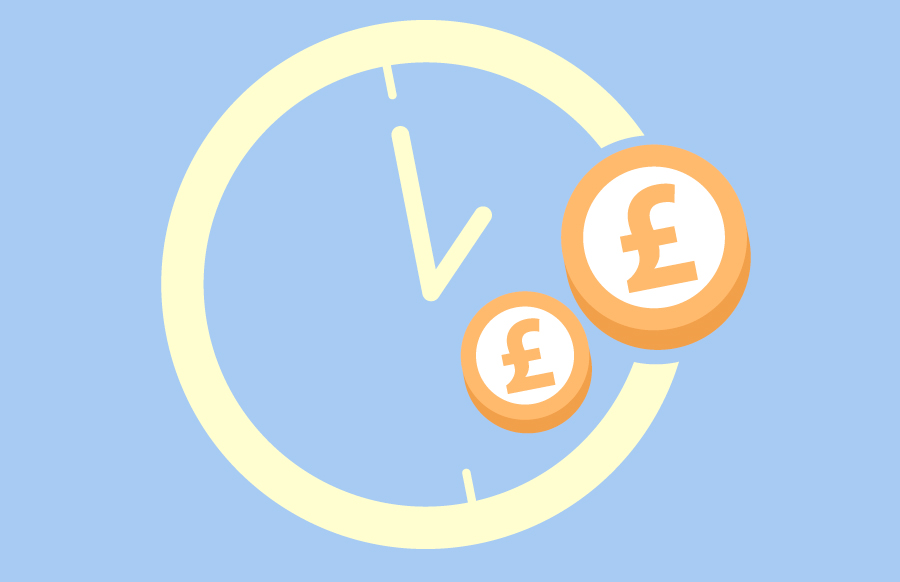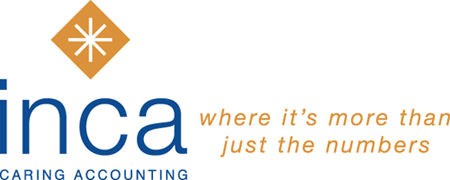The budget presented by Rishi Sunak to the House of Commons last month had three key objectives: to provide continued financial support for businesses and households financially impacted by the pandemic, to begin recovering some of the vast sums of money invested in keeping the UK going through COVID, and to kick-start the economy and stimulate future growth.
He addressed the first of these goals by extending the Coronavirus Job Support Scheme and Self Employment Income Support Scheme until September 2021. The move ensures furloughed workers and the self-employed remain protected as restrictions begin to lift and businesses move towards trading normally again.
Regarding recovering revenue, he announced that corporation tax would be increasing to 25% – but not until 2023 to give the economy time to bounce back. Businesses with profits of £50,000 or less won’t be affected, and a taper will ensure only companies with profits exceeding £250,000 will pay the full 25% rate.

Addressing the need to boost economic growth, the Chancellor unveiled several initiatives, including:
- Extending the reduced VAT rate of 5% for businesses in the hospitality sector until 30th After this date, it will increase to 12.5% for a further six months.
- Restart Grants worth up to £6,000 per premises for non-essential retail businesses and up to £18,000 for businesses in hospitality and leisure.
- A new Recovery Loan Scheme making available loans of £25,001 – £10 million, and asset and invoice finance of £1,000 – £10 million.
- A super-deduction tax break, allowing companies to cut their tax bill by 25p for every £1 they invest in qualifying plant and machinery.
The concept of this last initiative is not something most business owners will be familiar with, but the super-deduction presents an opportunity to invest in capital assets at attractive rates, and for this reason, we decided to look at it in more detail.
The Super-Deduction: Your Questions Answered
-
What is the super-deduction?
The super-deduction is one of several capital allowance benefits now available to companies. From 1st April 2021 until the end of March 2023, companies can claim 130% capital allowances on qualifying plant and machinery investments, making it possible for them to reduce their corporation tax bill by up to 25p for every £1 invested.
Also announced in the budget and operating alongside the super-deduction is a 50% first-year allowance (FYA) which applies to qualifying special rate assets.
.
-
How does it work?
When a business calculates its taxable profit at the end of the tax year, depreciation on assets is usually ‘added in’. But capital allowances let companies reduce their corporation tax liability by setting the cost of certain capital assets against their taxable income.
The super-deduction lets companies deduct 130% of the cost of purchasing qualifying assets from the figure on which they must pay corporation tax – currently set at 19%.
So, on a spend of £100,000, the corporation tax deduction will be £130,000, giving corporation tax relief at 19 per cent on £130,000, which is £24,700. Usually, such expenditure would produce relief of only £19,000.
-
What kind of capital expenditure qualifies for the super-deduction?
Most tangible capital assets used in the course of a business – such as manufacturing equipment, machines, computers, vehicles such as vans and lorries used for trading purposes (but not company cars) will qualify for the new super-deduction. Items of main pool plant and machinery that are fixtures in properties may also be eligible, and the super-deduction may also be available for a proportion of construction expenditure incurred on new or refurbished buildings.
Special rate assets qualifying for the 50% FYA include integral features, solar panels and thermal insulation.
-
Who can apply?
The super-deduction and the 50% FYA are only available to companies. Sole traders, partnerships, and LLPs do not qualify. In addition, they’re not available to landlords for investing in building or refurbishing property.
-
What conditions apply?
The super-deduction and the 50% FYA are only available for:
- Plant and machinery that is new and unused
- Contracts that began after 3rd March 2021
Find Out More About Using Capital Allowances to Boost Your Business!
The government is counting on these temporary tax reliefs to play a significant role in helping the UK economy to bounce back post-COVID. If you’ve got ambitions to grow your business, they could provide the perfect springboard, giving you an opportunity to invest in your future at a reduced cost. But they’re only going to be available for a relatively short period, so if you’re thinking of taking advantage, you need to start planning now.
To find out more about the super-deduction and 50% FYA, and how they can benefit your business, get in touch with us today by calling 01235 868888 or by emailing [email protected]




